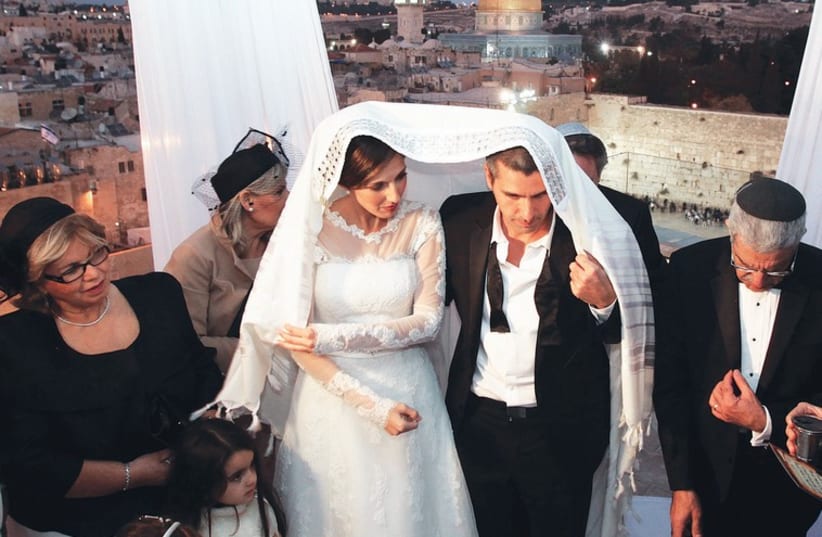See the latest opinion pieces on our page
We will focus on a few commentators from the Middle Ages who said that this phrase means that the women came first to bring their jewelry, and only later were joined by the men who also contributed to the building of the Mishkan.Why did the women come before the men? The commentators found two explanations for this, one practical and the other fundamental. The practical explanation was that the women’s gold was on their bodies, as jewelry, versus the men who had their gold hidden in safes or other hideaways. The second, more fundamental, reason is that being “generous hearted” is a more female trait. When the nation was asked to contribute of its money to build the Mishkan, it was the women who generously rushed to contribute while the men needed more time to absorb this request.What we see here is a feminine characteristic that the Torah went out of its way to note. Women are more generous than men; their hearts are more open and they hurry to help others. There is no greater compliment.The emphasis of this point clarifies another parasha of the Torah that speaks about men and women. In the description of the creation of man, it then says, “And the Lord G-d said, ‘It is not good that man is alone; I shall make him a helpmate opposite him.’” The result of this was the creation of woman. At the end of the description, man stands in front of woman and declares in amazement, “This time, it is bone of my bones and flesh of my flesh!” The entire description is completed with a comment that says, “Therefore, a man shall leave his father and his mother, and cleave to his wife, and they shall become one flesh.”There are those who saw this description as man being in a higher position. Was woman created only for man? Is she not worthy of standing on her own? Careful reading will help us discern a completely opposite statement. When man was alone, it was said that it was “not good.” When man is alone, he is dangerous to himself and to his surroundings. He does not always have the necessary compassion, softness, or generosity of heart. Only once woman was created, were the necessary traits created that allow for the world to exist. Only by complementing man’s traits, was the world able to go from being “not good” to being “very good.”For this reason, man leaves his father and mother and chooses to cleave to his wife. At some point in his life, every man understands that without being part of a couple that allows him to give of himself and develops within him the feminine traits of compassion and generosity, he would remain lacking and risk being “not good.”It is this same “generosity of heart” that we find in the contribution to the Mishkan. It is that same ability to give that women bring to the world, to society, and to their families. This amazing ability is emphasized in the Torah and praised so that we, who read the Torah, will appreciate it and try to learn from it.The writer is rabbi of the Western Wall and holy sites.
Parshat Vayakhel-Pekudei: The generosity of the female heart
At some point, every man understands that without being part of a couple that allows him to give of himself and develop compassion and generosity, he would remain lacking and risk being “not good.”
